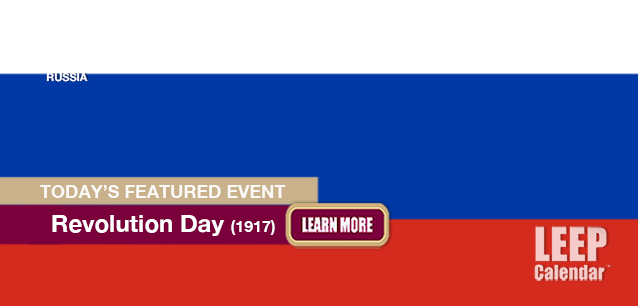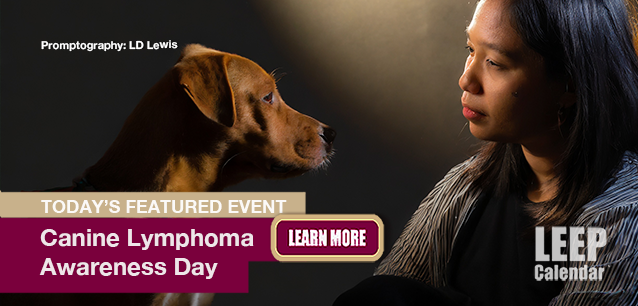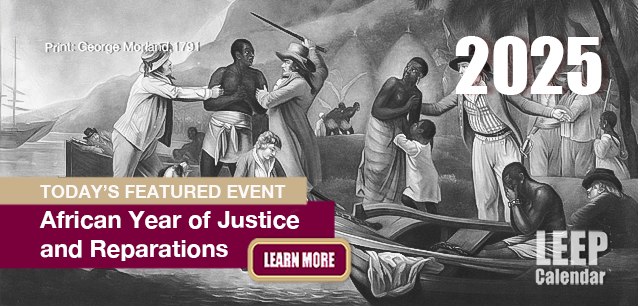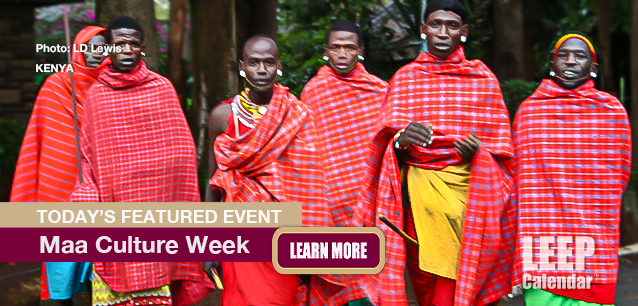 AD
AD
Today is: November 07
Scroll to explore events active on this date.
Additional Events on LEEP
LEEP INK FEATURES

August? Absolutely!
In August, we live through the Dog Days of Summer. It's hot and often humid, and those who can leave for better climates do. Down south, winter is in full force. August is also known as "the ...

In The Heat of July: July 2025 Events
Is it hot enough (or cold enough if you're below the equator) for you yet? There is actually a day for that! Like every month, I pick a diverse collection of events you may or may not know about. This ...

May Blooms: Events in May 2025
Along with October, May is one of the most densely packed months of the year. It's before the summer humidity and the last whole month of the school year. The weather is warming in t...
About Fastnacht Day
Food , European Countries
United States
Ends: Feb 13, 2024
DESCRIPTION:
Fasnacht Day has a rich and varied history, and its celebration continues to evolve and adapt to new cultural and social contexts worldwide.
Fasnacht Day, also known as Fat Tuesday or Mardi Gras, is a traditional holiday celebrated in various parts of the world, particularly in Europe and the Americas. The holiday is typically observed on the day before Ash Wednesday, heading into the Christian season of Lent.
The history of Fasnacht Day dates back several centuries, tracing to medieval Europe. In many cultures, the day before the start of Lent was a time of feasting and merriment as people prepared to observe the solemn period of fasting and reflection in the weeks ahead.
One of the earliest known references to Fasnacht Day comes from the city of Basel in Switzerland, where a carnival tradition known as Fasnacht began in the 14th century. The festival features elaborate parades, street performers, and other festivities—a final burst of enjoyment before the austere period of Lent begins.
Similar celebrations occur throughout Europe, including Germany, Austria, and France, under Karneval, Fasching, and Carnaval and are often associated with masks and costumes as people participate in parades and street parties.
In the United States, Fasnacht Day is heralded by the Pennsylvania Dutch, particularly in Lancaster and York. Central to Pennsylvania celebrations is a doughnut called a "fasnacht," made with potato dough and fried in lard. The eating of fasnachts the day before Lent arrived in the region by German settlers in the 18th and 19th centuries.
VIDEOS
Currently, this event does not have supporting videos.
SUPPORTING DOCUMENTS
Currently, this event does not have supporting documents.
ADDITIONAL IMAGES
Currently, this event does not have supporting images.
Where would you like to go now?
 AD
AD









































































/footer-logo.svg)
